Amplification and Assistive Devices (AAD)
PP323 - The Hearing Intervention for the Aging and Cognitive Health Evaluation in Elders (ACHIEVE) Trial
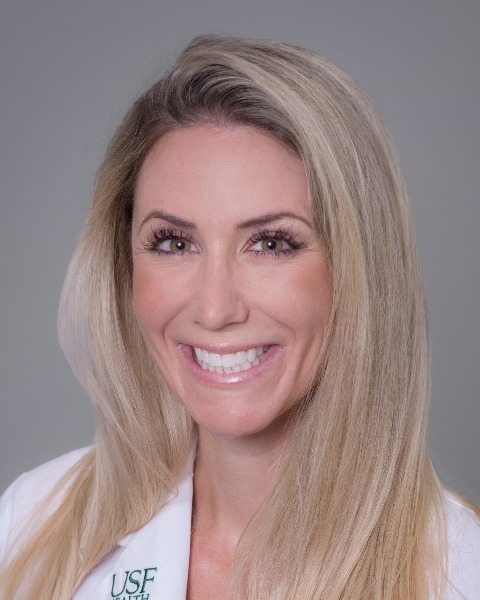
Victoria Sanchez, AuD, PhD
Assistant Professor
University of South Florida
University of South Florida , FloridaDisclosure(s): Sonova: Grant/Research Support (Ongoing), Speaker/Honoraria (includes speakers bureau, symposia, and expert witness) (Ongoing)
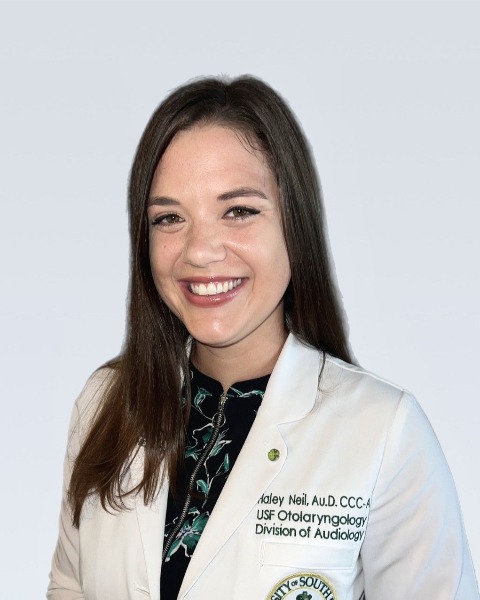
Haley Neil, AuD
Auditory Rehabilitation & Clinical Trials Laboratory
Riverview, FloridaFinancial Disclosures: I do not have any relevant financial relationships with anything to disclose.
Non-Financial Disclosures: I do not have any relevant non-financial relationships with anything to disclose.- MA
Michelle Arnold, AuD, PhD
University of South Florida, Florida
Financial Disclosures: NIA: Research Grant (includes principal investigator, collaborator or consultant and pending grants as well as grants already received) (Ongoing); NIDCD: Research Grant (includes principal investigator, collaborator or consultant and pending grants as well as grants already received) (Ongoing); University of South Florida: Employment (Ongoing), Grant/Research Support (Ongoing)
Non-Financial Disclosures: I do not have any relevant non-financial relationships with anything to disclose. 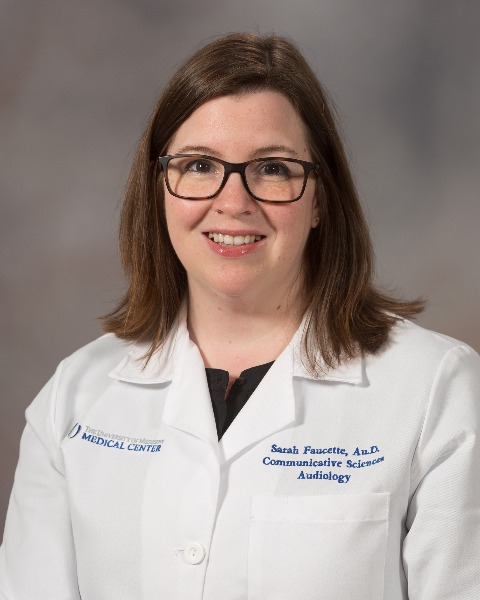
Sarah Faucette, AuD, PhD (she/her/hers)
Assistant Professor
University of Mississippi Medical Center
University of Mississippi Medical CenterFinancial Disclosures: I do not have any relevant financial relationships with anything to disclose.
Non-Financial Disclosures: I do not have any relevant non-financial relationships with anything to disclose.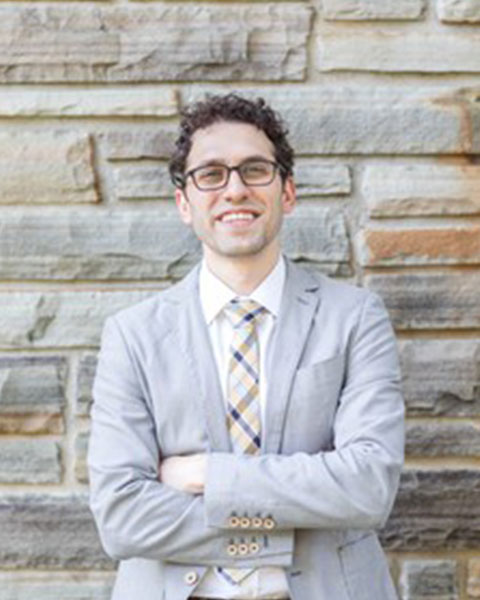
Nicholas S. Reed, AuD (he/him/his)
Faculty/PhD Candidate
Johns Hopkins University
Baltimore, MarylandFinancial Disclosures: Neosensory: Consultant/Advisory Board (Ongoing)
Non-Financial Disclosures: I do not have any relevant non-financial relationships with anything to disclose.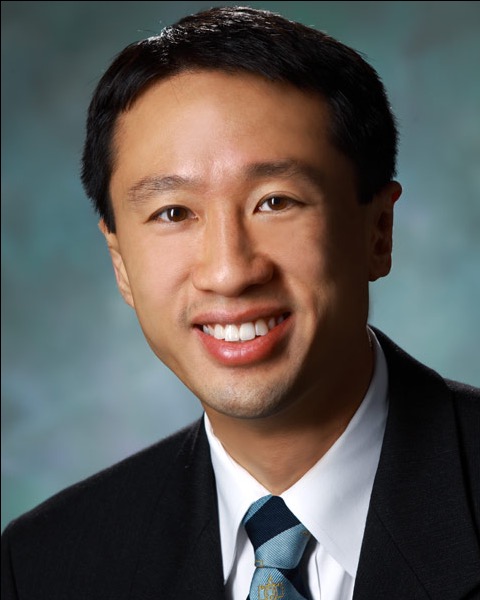
Frank Lin, MD PhD
Johns Hopkins Univ
BaltimoreFinancial Disclosures: Apple Inc: Consultant (Ongoing); Frequency Therapeutics: Consultant (Ongoing)
Non-Financial Disclosures: I do not have any relevant non-financial relationships with anything to disclose.- TC
Theresa Chisolm, PhD (she/her/hers)
Professor & Vice Provost
University of South Florida
University of South Florida
Tampa, FloridaFinancial Disclosures: I do not have any relevant financial relationships with anything to disclose.
Non-Financial Disclosures: I do not have any relevant non-financial relationships with anything to disclose.
Lead Presenter(s)
Contributor (Not Presenting)(s)
Summary:
Rationale/
Purpose: Hearing loss is associated with accelerated cognitive decline. Although a causal association remains to be determined, hearing loss is hypothesized to be the largest potentially modifiable risk factor for dementia. Approaches for reducing cognitive decline in older adults are needed given the aging of the population and the personal, socioeconomic, and public health implications of cognitive impairment. We developed an evidence-based, person-centered hearing intervention protocol for use in the multi-site Aging and Cognitive Health Evaluation in Elders (ACHIEVE) Trial [ClinicalTrials.gov Identifier: NCT03243422]. The ACHIEVE Trial is the first large-scale trial to evaluate how best-practices hearing intervention, versus a successful aging education control intervention, reduces cognitive and other functional declines in older adults. We will describe the baseline data from the hearing intervention and discuss the relationships between select participant demographic and audiological characteristics, speech-understanding in noise, self-perceived hearing difficulties, intervention goals, and utilized technologies.
Methods: We recruited 977 adults with untreated mild-to-moderate hearing loss between 2018-2019 from four study sites. Participants were randomized to receive either a control intervention or a best-practice hearing intervention. The evidence-based elements of the ACHIEVE hearing intervention, which were provided in four sessions delivered over 8-10 weeks after the completion of a comprehensive audiological evaluation, included: (a) goal setting and evaluation; (b) self-management support; (c) hearing aid fitting using NAL-NL2 targets and verified via real ear probe-microphone measurements and hearing aid orientation; and (d) hearing assistive technology fitting and orientation. The audiologist-guided administration of the Client Oriented Scale of Improvement (COSI), used to elicit, prioritize, and categorize listening goals, served as the center of the intervention delivery.
Results &
Conclusions: Participants better ear median 4-frequency (i.e., 0.5, 1, 2, 4 kHz) pure-tone average was 38.8 dB HL [interquartiles Q1, Q3: 33.8, 43.8], while the poorer ear pure-tone average was 42.5 dB HL [Q1, Q3: 37.5, 47.5]. Mean speech-in-noise score measured with the Quick Speech in Noise Test in soundfield was 7.1 dB SNR Loss (SD= 5.2), and the Hearing Handicap Inventory for the Elderly – screening version showed that the majority of participants had at least a “Mild-to-Moderate” handicap (n=487). The most frequent COSI listening goal categories included: Conversation in Noise (n= 413; 29%), Conversations in Quiet (n= 296; 21%), and TV/Radio at Normal Volume (n= 280; 20%). Based on comprehensive audiological test results, personal factors, and COSI goals, the hearing aid technology levels were assigned: Basic (n=223, 20%), Advanced (n=662, 56%), and Premium (n=283, 24%). In addition to ear-level devices, hearing assistive devices, including streaming devices, TV connectors, and remote microphones were provided. We will discuss how the baseline results can inform evidence-based, person-centered intervention protocols for older adults with hearing loss. Enrolled participants are currently being followed for three years with final study visits scheduled to finish by the end of 2022. Details regarding the hearing intervention provided to ACHIEVE participants will help inform analyses that will be conducted in 2023.
Learning Objectives:
- Upon completion, participants will be able to describe the best-practices patient-centered hearing intervention used in the ACHIEVE Trial.
